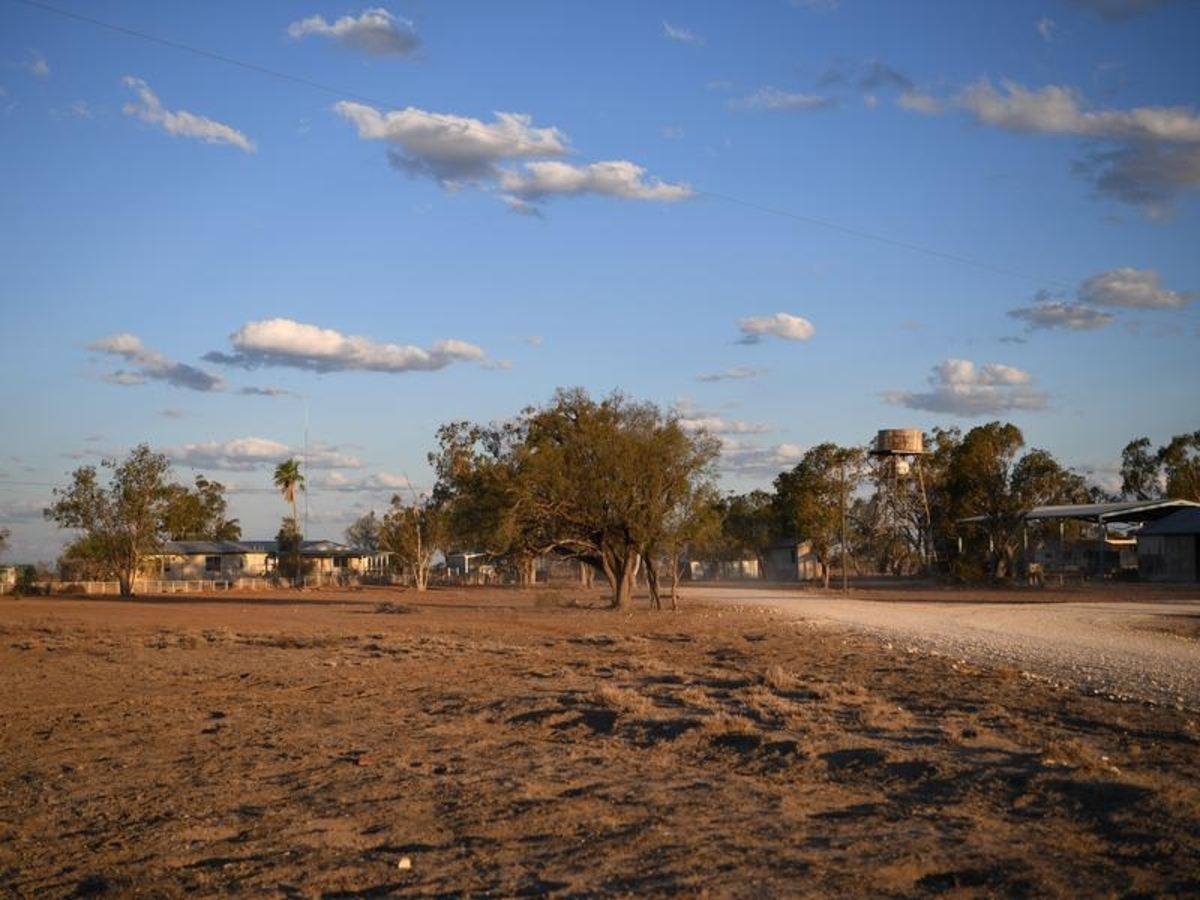
Conservation groups say the latest global report by the Intergovernmental Panel on Climate Change contains a dire but unsurprising warning for humanity with significant implications for Australia.
In a damning summary of the impact of human-induced climate change, the IPCC report said nations must urgently and drastically curb their emissions to prevent runaway global warming, which is happening faster than scientists previously predicted.
The IPCC report contained stark warnings for Australia under a high emissions pathway like the one the world is still on.
Biology professor Lesley Hughes, from the Climate Council, said Australians can no longer be under any illusion about what is at stake.
"Ecologically, we are at a precipice. Some of our ecosystems on which our lives, and our livelihoods depend ... are now at critical thresholds," said Prof Hughes, who has contributed to previous IPCC reports.
"Our role is to keep putting out the science, explaining it to people, informing the public so that when they go to the ballot box, they are informed about the greatest challenge of our age."
Australians can expect a future marked with more frequent disasters like the Black Summer fires and the floods hitting Queensland and NSW, a spike in heat-related deaths, vast economic losses, and a diminished capacity to grow food.
The potential death of the Great Barrier Reef is on the cards, the skiing industry could vanish along with the nation's shrinking blanket of snow, and Australia will feel the effects of hits to international supply chains, markets, and trade.
Even under a low emissions scenario, the report warns Australia is facing a 200 per cent increase in heat-related deaths but it could be 400 per cent under high emissions.
A spokesperson for Prime Minister Scott Morrison said Australia had reduced emissions faster than many comparable countries.
"On a per person basis, we are forecast to achieve a similar or greater reduction than what the US, Japan, Canada, New Zealand and others are simply hoping to achieve at this point.
"We are also one of only a handful of countries to set out a detailed plan to achieve our target of net zero emissions by 2050."
The spokesman said the government was investing heavily in climate adaptation and resilience including $5 billion through the Future Drought Fund and $4 billion in joint federal and state funding for the reef.
The Morrison government has promised to achieve net zero emissions by 2050 though a technology-led economic evolution, while allowing coal and gas exports to continue as long as there is demand.
Kate Charlesworth, from the Climate Council, said a recent report found more than 36,000 Australians lost their lives to extreme heat in a recent 12-year period, but deaths in the future could dwarf that.
"What we do in the next decade will be measured in Australian lives lost or saved," said Dr Charlesworth, who is Australia's first medical specialist in environmentally sustainable healthcare.
"We have no national health plan to deal with climate health risks. We are not at all prepared."
In releasing the IPCC report on Monday, UN Secretary-General Antonio Guterres said all G20 governments - which include Australia - had agreed to stop funding coal abroad.
"They must now urgently do the same at home and dismantle their coal fleets," he said.
"Unchecked carbon pollution is forcing the world's most vulnerable on a frog march to destruction - now. The facts are undeniable. This abdication of leadership is criminal."







